After 55 years of working in global health, the U.S. Agency for International Development (USAID) is proud of the progress made with many partners across the globe—improving health and saving lives in record numbers.
Strategic Priorities
USAID's global health programs have three strategic priorities that build on our success and focus our work, while building sustainable and resilient health systems in the poorest regions of the world.
Preventing Child and Maternal Deaths
Since 2008, USAID's efforts have helped save the lives of 4.6 million children and 200,000 women. Globally, child mortality has been cut in half since 1990: 18,000 more children will survive today than did on any day in 1990 – and 650 more mothers. Despite this, 5.9 million children and 303,000 women die every year, primarily from causes we know how to prevent.
Through efforts in family planning, maternal and child health, malaria, and nutrition, USAID is working to prevent child and maternal deaths. USAID's maternal and child survival programs are concentrated in 25 focus countries with the highest need, demonstrable commitment, and the potential to leverage resources from the public and private sectors to improve health outcomes. Together, these countries account for more than two-thirds of maternal and child deaths worldwide and half the global unmet need for family planning.
Controlling the HIV/AIDS Epidemic
Since 1986, USAID's HIV/AIDS program has been on the forefront of the global AIDS crisis. As a key implementer of the U.S. President's Emergency Plan for AIDS Relief (PEPFAR), USAID provides global leadership; supports country-led efforts; and applies science, technology and innovation to support the implementation of cost-effective, sustainable and appropriately integrated HIV/AIDS interventions at scale to achieve HIV/AIDS epidemic control. Through PEPFAR, more than 11.5 million people are on life-saving antiretroviral treatment; 74.3 million people receive HIV testing and counseling, including more than 11.5 million pregnant women; 6.2 million orphans and vulnerable children receive care and support; and more than 1 million adolescent girls and young women are reached with comprehensive HIV prevention interventions.
Combating Infectious Diseases
While scores of infectious diseases continue to threaten humankind, USAID-led efforts through the Emerging Pandemic Threats program are strengthening health systems around the world by building better capacity to detect outbreaks, mitigate transmission, and prevent epidemics. Though still a critical issue, the prevalence of tuberculosis (TB) has declined by nearly 50 percent since 1990, and in 2015 alone, USAID successfully treated nearly 3 million people for TB and started more than 70,000 on multidrug-resistant tuberculosis (MDR-TB) regimens. Over the past 10 years, USAID has delivered over 1.6 billion treatments to about 750 million people affected by neglected tropical diseases, a group of parasitic and bacterial infections that cause profound suffering.
Working with Global Partners
The U.S. Government has pledged its support for the Sustainable Development Goals (SDGs), adopted in September 2015 by the UN General Assembly. The SDGs formulate a global agenda for the next 15 years to end poverty, protect the planet, and ensure prosperity for all. SDG 3 refers specifically to improving health and well-being worldwide, and USAID works with global partners toward achieving this goal by investing in a number of cross-cutting issues that have direct impact on health outcomes.
Moreover, investments in global health protect Americans at home and abroad, strengthen fragile or failing states, and promote social and economic progress. USAID encourages sustainable systems within countries and regional mentorship between countries, working collaboratively through partnerships to solve global problems.
Related Resources
Map of American Institutions Partnering with USAID to Advance Global Health
USAID's Programs in Global Health [PDF, 2.0MB]
Combating Infectious Diseases Fact Sheet [PDF, 3.3MB]
2017 Acting on the Call Report
Global Health Strategic Framework








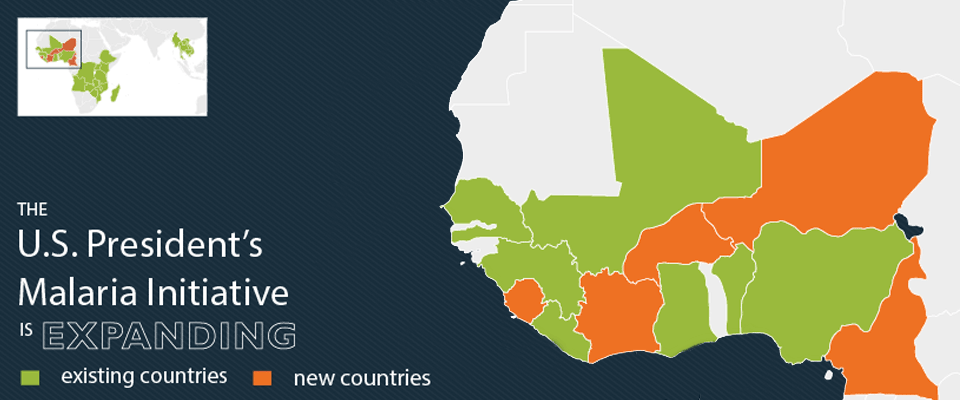
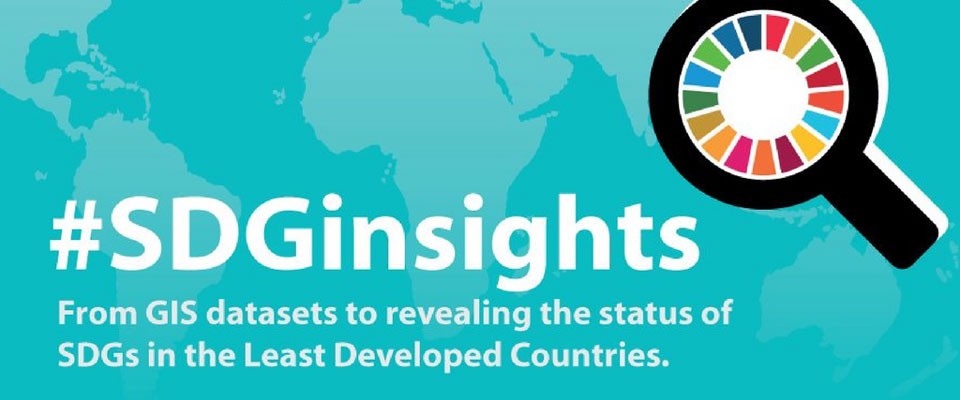
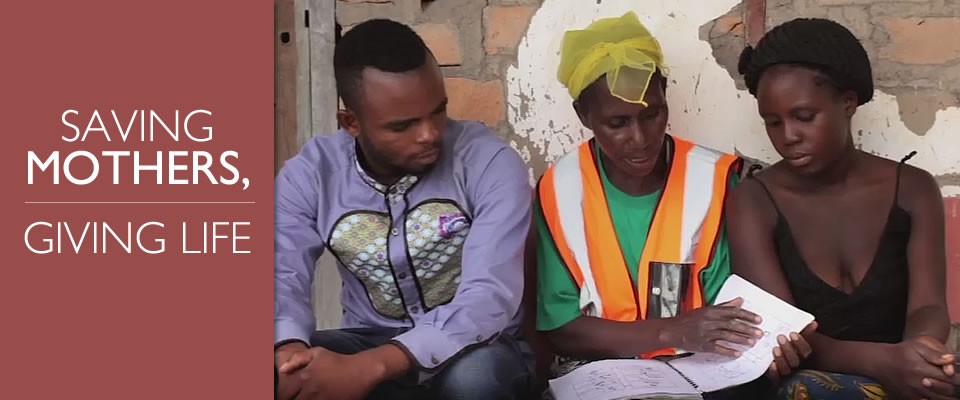
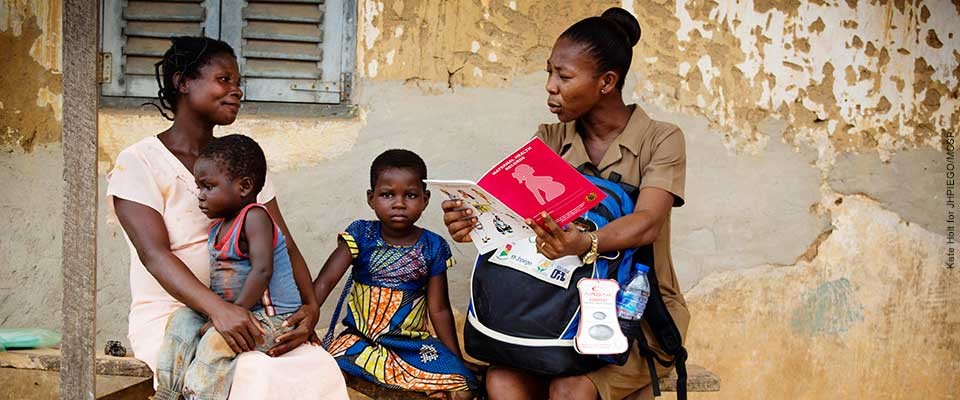

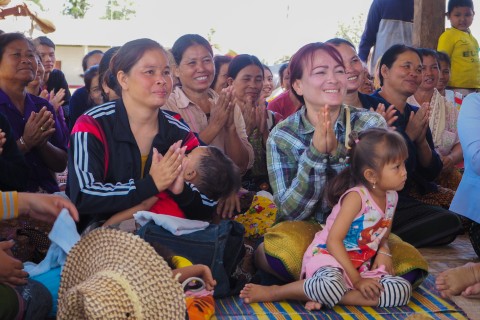


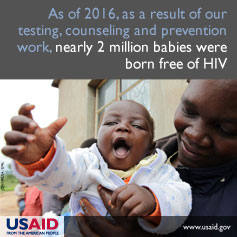
Comment
Make a general inquiry or suggest an improvement.